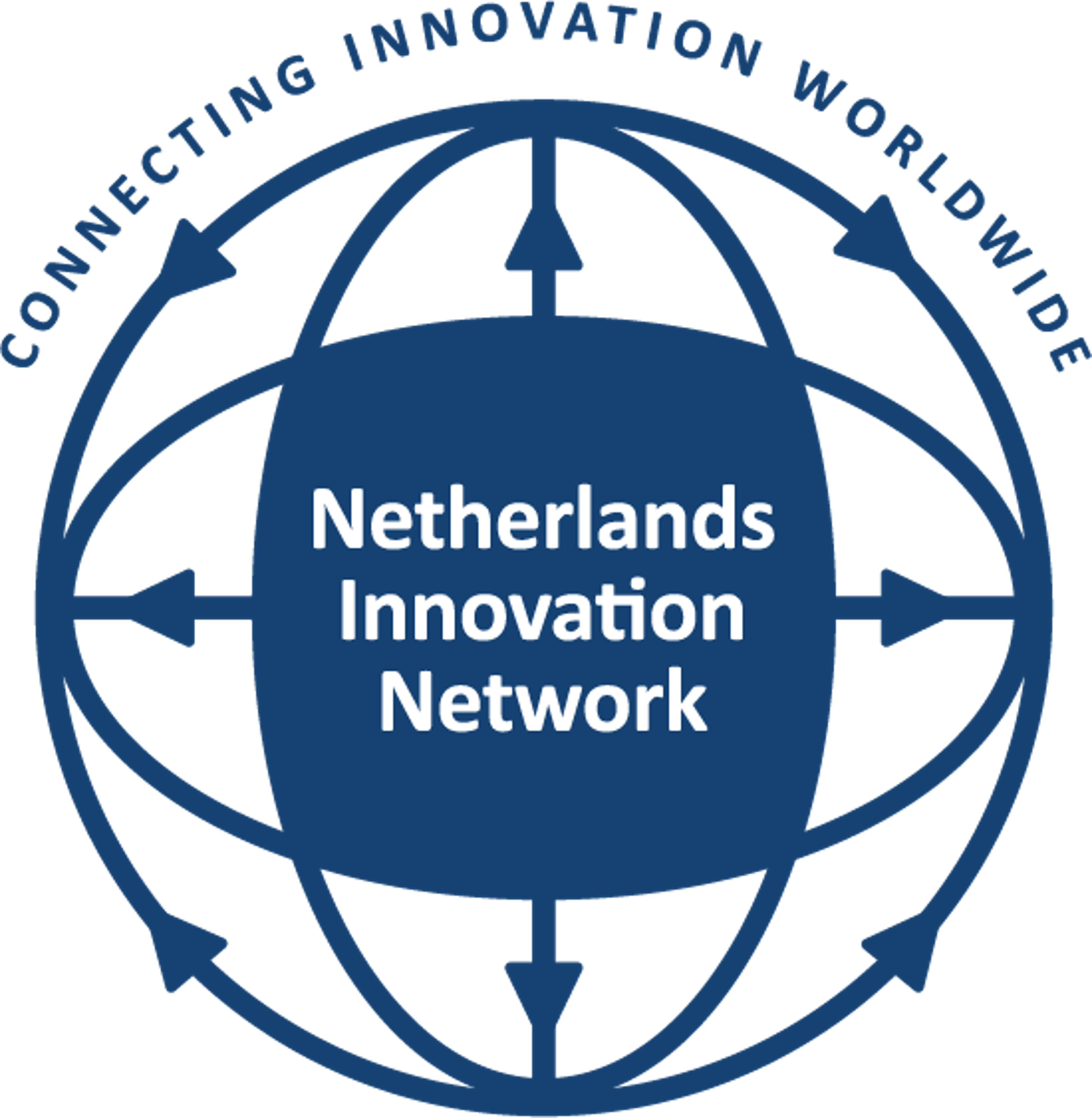China successfully expanded and upgraded its electricity infrastructure in recent years. A strong domestic industrial base for transmission and distribution infrastructure equipment had been developed. The next step to make the grid ‘real smart’ and decentralized will be more difficult, according to a recent study of NOST China officer Dirk Jan Boudeling. With 7,3 billion USD in 2010, China is …
China tested its auto-driving car on highway
China successfully tested its auto-driving car on a piece of highway between the city of Beijing and Tianjin last weekend. This 114 km journey took the self-driving vehicle 85 minutes at an average speed of 79 km per hour. The car is able to sense its environment through radar placed on top and cameras installed within and outside. With GPS …
BrainBridge – Philips, Zhejiang University, TU Eindhoven
A little over a week ago Philips and TU Eindhoven came to Zhejiang University in Hangzhou for their annual board meeting of the Brain Bridge program. The ‘Brain Bridge’ (BB) Program has been initiated in November 2005 through a tri-party international cooperation among the European host (TU/e: Technical University of Eindhoven, the Netherlands), Philips Research, and the return host (ZJU: …
9th International IP Forum held in Shanghai
The theme of the forum held on 8 November was “Intellectual Property and Soft Power of Cities”. Following an important subject of the Chinese policy of the National Patent Development Strategy (2011 – 2020) which aims: “10 Model cities that can comprehensively utilize the patent system and have excellent intellectual property market environment” During the forum most attention was drawn …
China sets High-speed railway target
China will have established a high-speed railway network covering almost all cities by 2015. The State Council issued a plan for building a comprehensive transportation network during the 2011-2015 period. According to the plan, construction of the high-speed railway network should be completed by the end of 2015, with a total operating length of more than 40,000 kilometers. China will …
TUDelft opens 3 research centres in China
TU Delft opened a new research centre in China today. It is a collaboration with Wuhan University in the fields of Geo-information, Geodesy and Remote Sensing. This is the first of three new collaborations in China to be launched by TU Delft this week. The other projects are a centre for Water research (Nanjing) and another for Urban Systems & …
Pujiang Innovation Forum held last weekend in Shanghai
Initiated in 2008, the ‘Pujiang Innovation Forum’ is annually jointly organized by the Ministry of Science and Technology (MOST) and the Municipal Government of Shanghai. Current chair is Mr. Xu Guanhua, the former minister of MOST, member of the Standing Committee of CPPCC, director of the Education, Science, Culture, Healthcare and Sports Subcommittee, and academician of Chinese Academy of Sciences. …
China Grid-Scale Energy Storage forecast 2012-2016
China grid scale storage 2012-2016 In 2012, China’s electric grid will become the largest in the world in terms of both installed generation capacity and electricity produced. China also possesses the world’s largest installed wind power base and the world’s largest declared investment in renewable energy. Based on their market research, Green Tech Media and Azure International, are claiming …
Chinese Research Developed New Nano Lithium Titanate Material
A research team from Fudan University led by Prof. Xia Yongyao successfully developed new nano lithium titanate material of high electronic conductivity for better and safer lithium-ion batteries. Combination of solid-phase synthesis techniques and carbon-coating technology is applied in this research. The new lithium-ion battery can be used for storage of large scale energy from, for example, solar and wind. …
Why isn’t there a Mark Zuckerberg in China?
Dr. Kai-Fu Lee, founder of Innovation Works and previously founding president of Google China, gives his thoughts on this question in his blog on CaiJing. He makes the case that the Chinese education system is more focused on depth rather than breadth. Chinese students might excel at math and engineering, they often need many years after their study to become …
- Page 1 of 2
- 1
- 2
